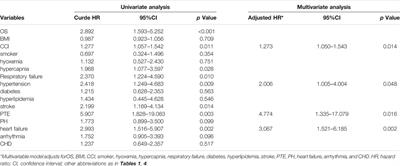EDITORIAL
Published on 19 May 2022
Editorial: Progresses in the Drug Treatment of Chronic Cardiopulmonary Diseases
doi 10.3389/fphar.2022.910212
- 910 views
28k
Total downloads
90k
Total views and downloads
EDITORIAL
Published on 19 May 2022
ORIGINAL RESEARCH
Published on 18 Mar 2022
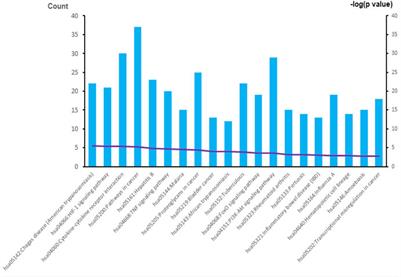
CORRECTION
Published on 05 Jan 2022
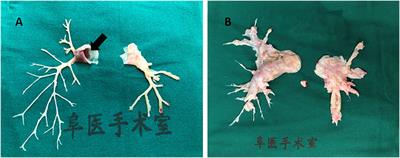
ORIGINAL RESEARCH
Published on 24 Dec 2021
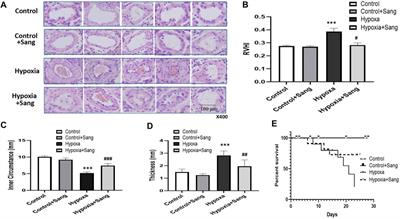
ORIGINAL RESEARCH
Published on 20 Dec 2021
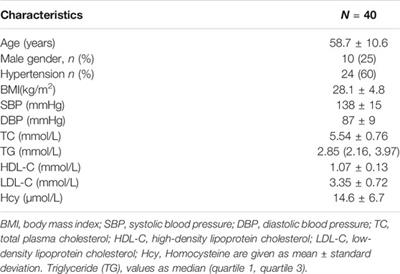
ORIGINAL RESEARCH
Published on 14 Dec 2021
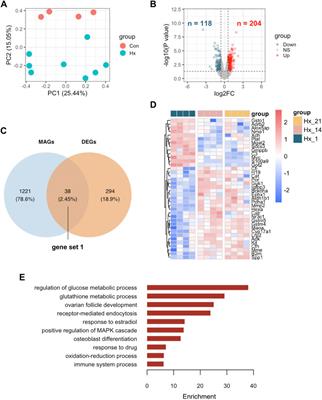
ORIGINAL RESEARCH
Published on 01 Dec 2021
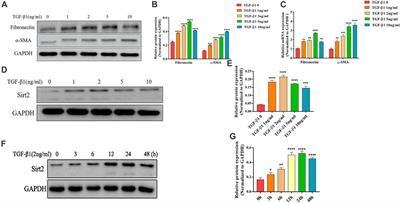
ORIGINAL RESEARCH
Published on 01 Dec 2021
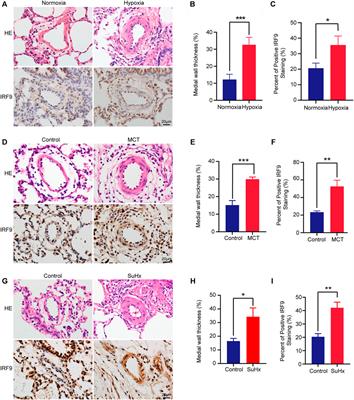
REVIEW
Published on 12 Nov 2021
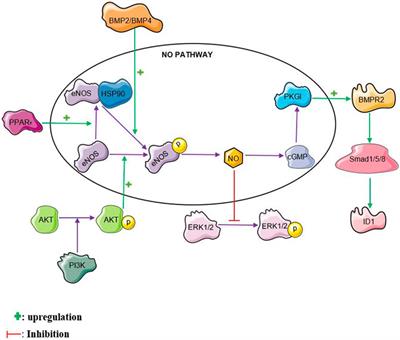
ORIGINAL RESEARCH
Published on 11 Nov 2021
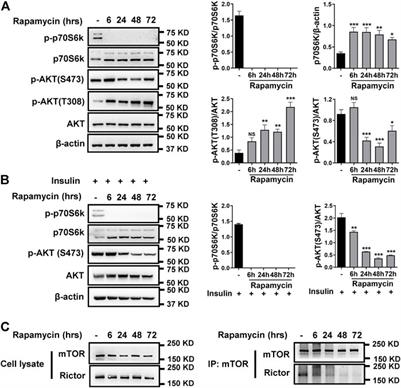
ORIGINAL RESEARCH
Published on 02 Nov 2021
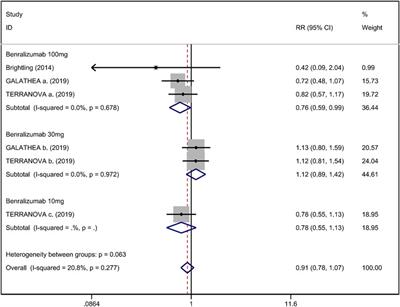
ORIGINAL RESEARCH
Published on 26 Oct 2021
